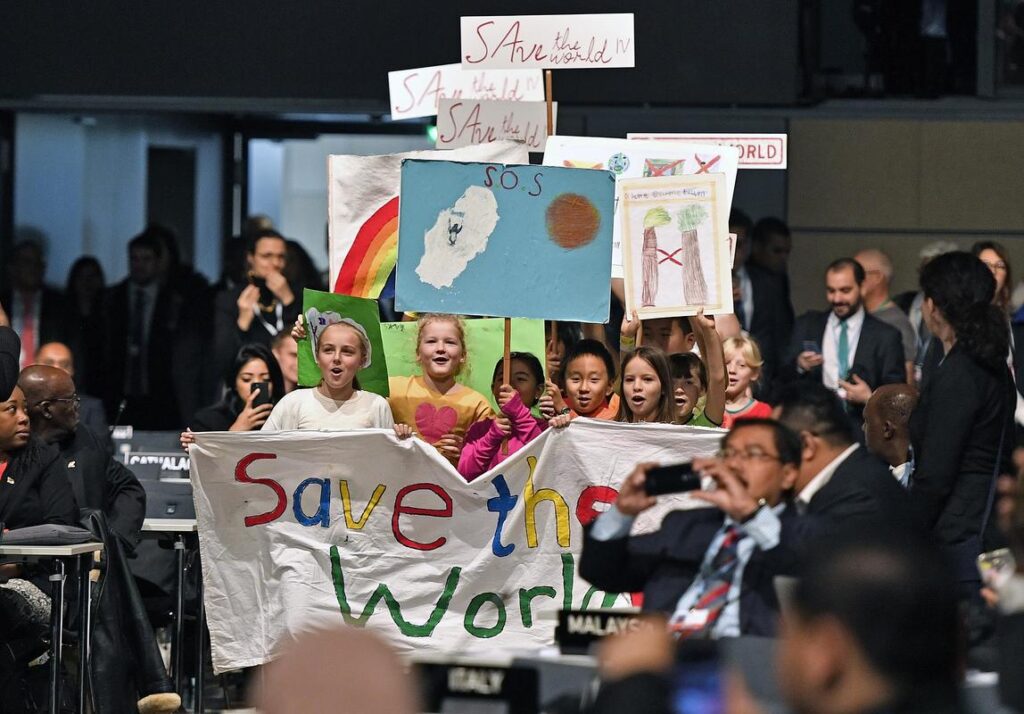It’s all so boring. The world we live in has become all too predictable. The magic is gone.
All we have left are the few daring people who dare to be bold yet understanding; be radical, yet measured.
Guess who’s back?
New year, new me! At least that’s how the saying goes.
A lot has happened in the two years and a half after I decided to put this blog on hiatus. 2019 is way more than from another decade. It is an other era. As much as I’d hoped to be able to do away with it, I can’t go without mentioning the COVID-19 epidemic that has struck the world.
What matters is that in spite of the strggles of the past we’re still here to give a cheers to the years!
Expect more regular posts from now on.
Farewell
During the years, I have thoroughly enjoyed writing here. I did it to help others by sharing my experiences and thoughts as well as for myself, helping me organize my own thoughts.
This will be my last post here. Till soon in real life or in the cyber space.
Diversification
As recommended by Wu-Tang Financials (WTF, right?), everybody know you gotta diversify your bonds. They even made a short clip for it.
Those looking for a more in-depth explanation are invited to have a look at what another firm has to say about it:
Skis and Bikes – The Untold Story of Diversification | ReSolve
Skis and Bikes – The Untold Story of Diversification | ReSolve
The skis and bikes example above shows how deriving cash-flows from two independently profitable businesses, which produce returns at different times.
QOTD
“I began to realize how important it was to be an enthusiast in life. If you are interested in something, no matter what it is, go at it at full speed ahead. Embrace it with both arms, hug it, love it and above all become passionate about it. Lukewarm is no good.”
— Roald Dahl
QOTD
The greatest obstacle to discovering the shape of the earth, the continents and the ocean was not ignorance but the illusion of knowledge.
— Daniel Boorstin
On current events in Catalonia
The EU is an institution praised for uniting Europe by pulling its people together. There is a lot of talk currently going on regarding the independentist movement in Catalonia. Ironically those two phenomenons are causally linked together. Fernando Betancor, an American economist living in Madrid puts it better than me:
The current crisis afflicting Spain and its wealthiest region, Catalonia, is indicative of both of Europe’s initial success and ultimate failure. The EU – and NATO – were successful in creating a large, borderless, free market and a security zone that seemed to make another European war inconceivable. That reduced the advantage of belonging to a large state, one with a large internal market and a sufficiently large military to ensure domestic security. Inside the European Union, a nation like Luxembourg could compete on equal terms with Germany in the common market of 500m and had no more to worry about invasion than France or Italy. With a population 13 times as large as Luxembourg and an economy four times greater than the diminutive Grand Duchy, the Catalans felt that they could make a going concern of their country.
Saving the world

This Monday 6 November, children marched among the delegates at the opening of the COP 23 Climate Change Conference in Bonn, Germany. They chanted and held banners reading Save the World.
The world does not need saving. The world was there well before your grand grand father had his first breath and will be there well after your name will be forgotten. The world is a 6 x 1026 metric ton, 4.5 billion year old ball of iron. It is build to last.
Reacting to climate change is not about saving the world. Reacting to climate change is about ensuring that we, as a species, will survive the years. It is about ensuring that that we will be able to maintain and improve or quality of life.
Dawn of the Modern Age
A popular parlour game among historians is debating when the modern world began. Was it when Johannes Gutenberg invented the printing press, in 1440? Or when Christopher Columbus discovered America, in 1492? Or when Martin Luther published his 95 theses, in 1517? All popular choices. But there is a strong case to be made for a less conventional answer: the modern world began on a freezing New Year’s Eve, in 1600, when Elizabeth I granted a company of 218 merchants a monopoly of trade to the east of the Cape of Good Hope.
— The Economist on the British East India Company
Too many rappers, not enough physicists
Because we live in a world with too many rappers and not enough physicists.
